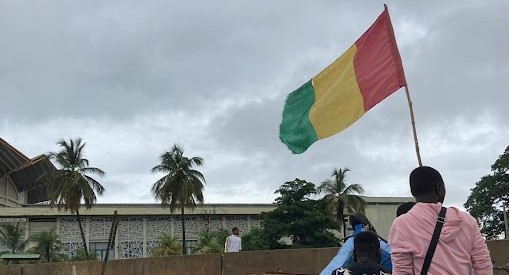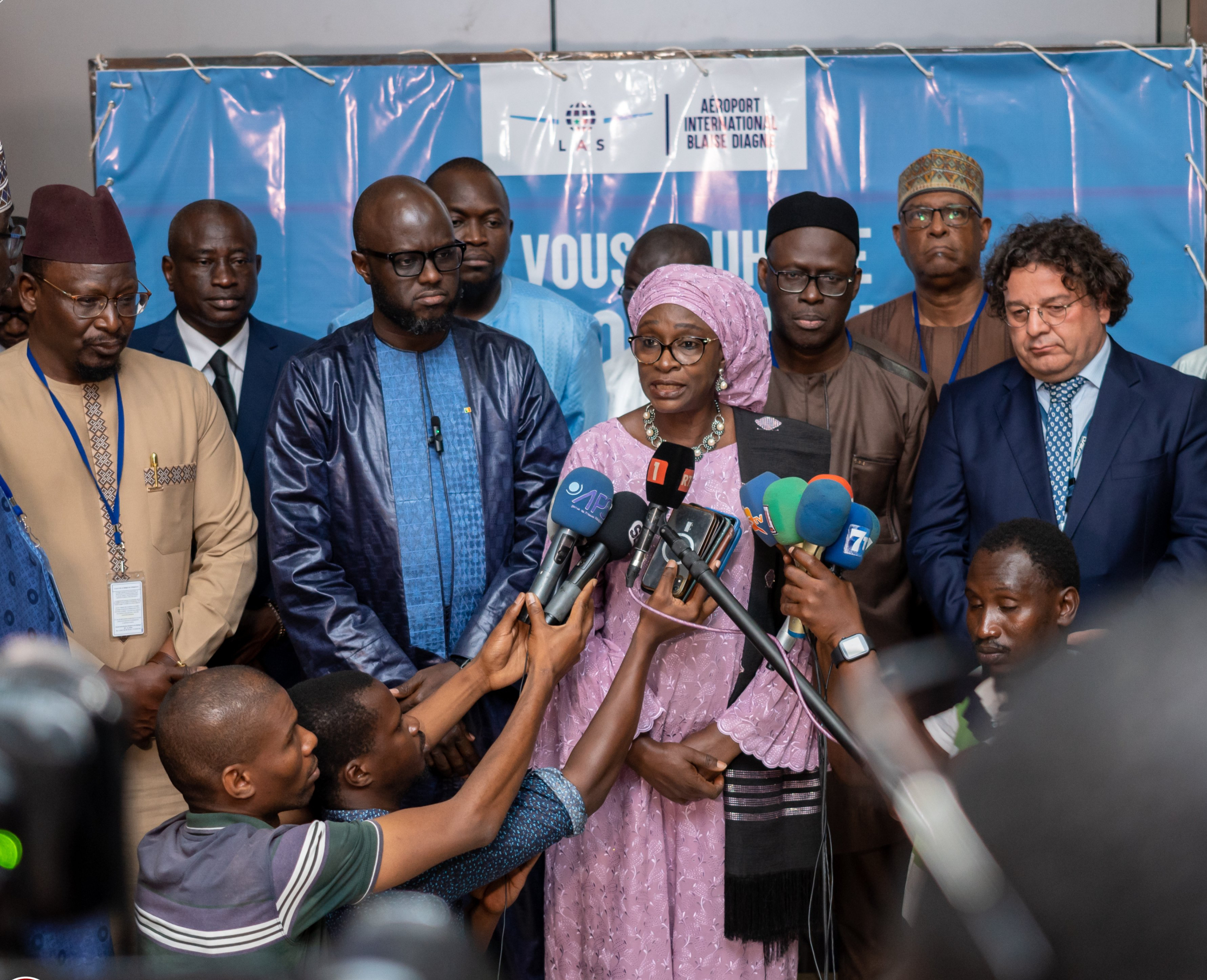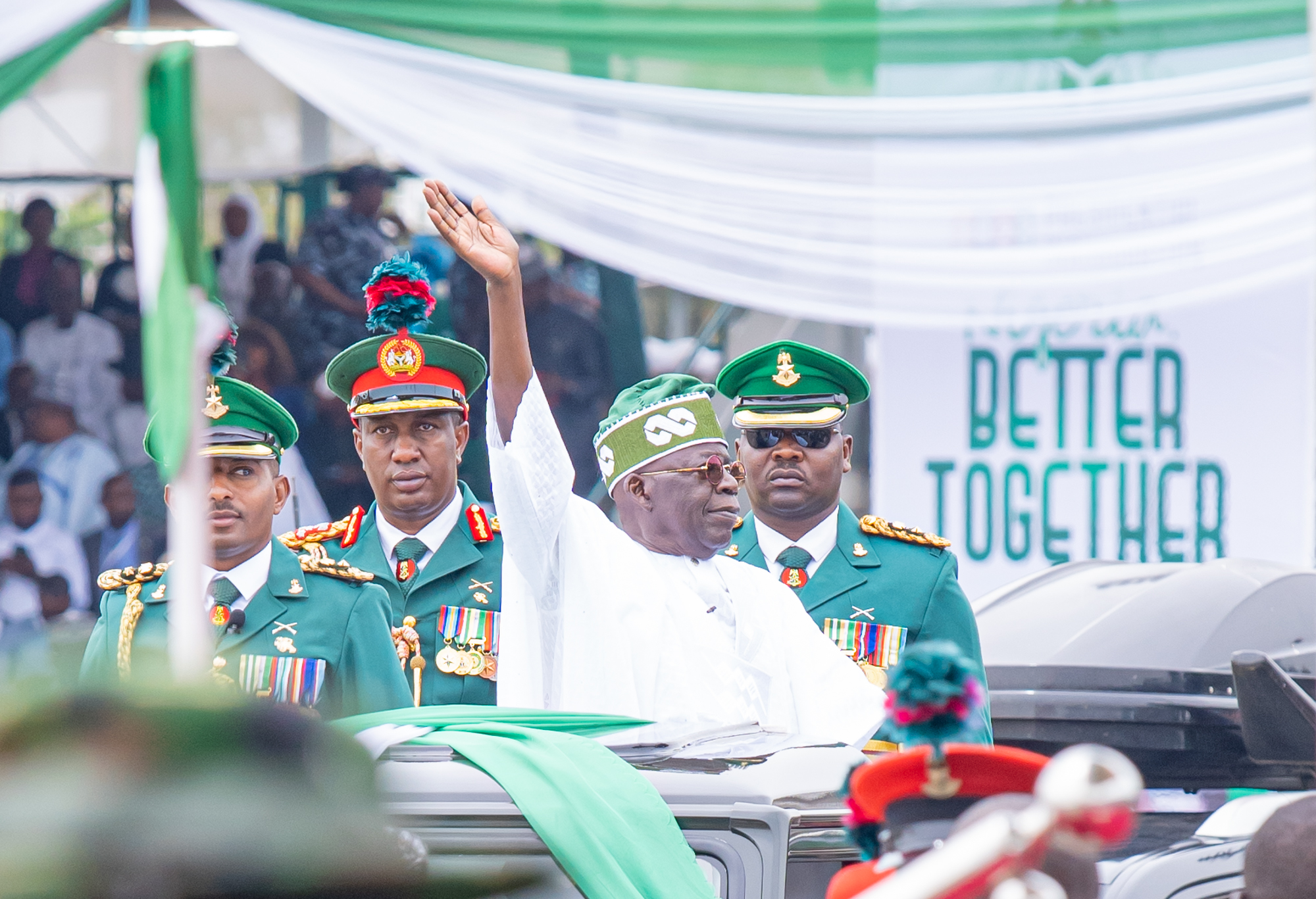Guinea: One year after the coup

One year ago, on 5 September 2021, the head of the Guinean special forces, Colonel Mamady Doumbouya, seized power and deposed President Alpha Condé. At the time the coup was celebrated by much of the population, who had decried Condé for altering the constitution in 2020 in order to stand for a third presidential term.
A year on, however, the initial hopes and aspirations of the population have gradually faded as the junta led by Doumbouya has taken root and the parameters of the transition have become blurred. The National Transitional Council (CNT) decided to extend the transition by at least 36 months in April 2022. The delay went against all the demands of the international community and contradicted the vision of a short transition envisioned by ECOWAS.
The anniversary of the coup was discreetly celebrated by the junta and was summed up by a four-hour radio programme celebrating its achievements. Rather than out of false modesty, the celebrations were tamed by the weakening popular support shown by the general population. Tensions in Conakry were high on the day, with more than a thousand police and military personnel on high alert against pockets of angry protesters.
Tensions grow as transition drags on
Demonstrations have been banned since 13 May 2022 and until a hypothetical electoral period. Yet, the junta is faced with increasing pressure from the streets, galvanised by the National Front for the Defence of the Constitution (FNDC) — a popular political movement that had vehemently opposed Condé’s 2020 constitutional referendum — and supported by political parties of all stripes. At least five people have died in demonstrations since July 2022. The lack of visibility on the duration of the transition and the heavy-handed approach adopted by the junta have dampened the high expectations that followed the coup.
The political class and civil society have become disillusioned with the junta’s promises of unifying the country through dialogue and social cohesion. A national dialogue that was supposed to reconcile and reunify Guineans was only opened ten months after the coup and boycotted by a large part of the political forces. Doumbouya’s efforts to fight corruption, with the creation of the Special Court for the Repression of Economic and Financial Offences (CRIEF), now appear to be more of a witch-hunt against members of the previous government and the political opposition.
The methods adopted by Doumbouya on transitional affairs, governing by decree, has further crystallised tensions within the government itself. Prime Minister Beavogui, who publicly disagreed with this process, bore the brunt and was replaced by Bernard Goumou in August 2022.
Junta proves resilient to pressure
The scope for increasing regional pressure is limited. ECOWAS mediation has so far failed to pressure the junta into accepting a shorter transition, although its chairman, President Embalo of Guinea-Bissau, has stated that Guinea has accepted a 24-month transition. The option of economic sanctions is limited in scope given Guinea’s access to the sea, its relatively positive relations with neighbouring states and international trade options.
Western powers, with the exception of the United States, seem relatively comfortable with the junta. The geopolitical context, with the expansion of Russian influence in West Africa and recurring security threats, is helping to ease the pressure on the junta to engage in a new electoral cycle. The Chinese position in turn has evolved from an official and uncharacteristic condemnation to increased support and engagement, in a bid to access strategic natural resources.
As a result, the Guinean economy is seeing positive trends and remains resilient. In June, the IMF welcomed the measures implemented by the authorities to offset the pressures of global inflation. External debt is falling, supported by the performance of the mining sector. The recent progress of the Simandou infrastructure joint venture, with the creation of the Compagnie du TransGuinéen (CTG) is a positive signal that international companies are able to engage with the junta.
The junta is further strengthened in its position by the fact that the local opposition lacks unified and massive support. Outside Conakry, there is a feeling that the anti-corruption campaign is effective and necessary, and that the ban on demonstrations is common sense. The light cabinet reshuffle in August 2022 was seen as a positive step. Prime Minister Goumou is considered more active and open to discussions with the private sector, and has expressed a willingness to boost national dialogue.
Outlook
The challenges ahead for Guinea and the junta will be to maintain the positive trends of increased dialogue and good economic performance without further alienating political forces and international partners. The potential forthcoming adoption of a new constitution by the CNT will be the next bellwether of the intentions of the junta.
About the author
Antoine Drogoul is a consultant at Africa Practice, with a particular focus on Francophone Africa. He can be contacted at [email protected].
Proud to be BCorp. We are part of the global movement for an inclusive, equitable, and regenerative economic system. Learn more


